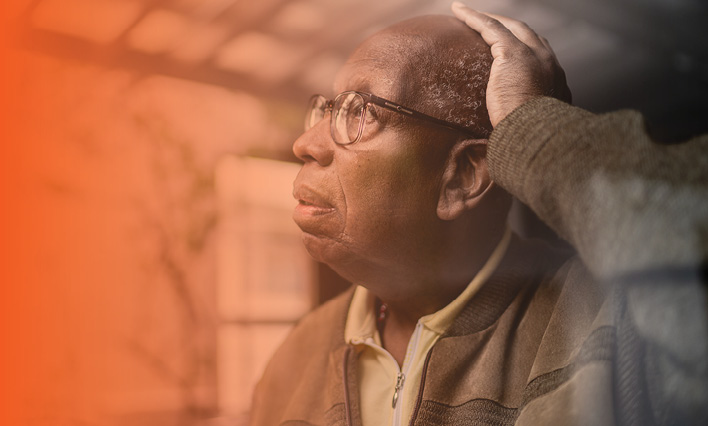
Last updated on June 18th, 2024 at 05:08 pm
While anxiety disorders vary based on symptoms and triggers, they can all interfere with daily activities. Understanding the different types can help people recognize their symptoms. Anxiety disorders can feel scary and disruptive, but help for anxiety is available.
Here’s a closer look at four common types of anxiety disorders.
Generalized anxiety disorder
People with generalized anxiety disorder (GAD) feel frequent extreme anxiety or worry for months, if not years. They may feel restless, on edge, or easily tired. They may also experience concentration problems, irritability, muscle tension, or sleep issues. Treatment options for GAD include cognitive behavioral therapy, relaxation techniques, and sometimes medication.
Panic disorder
People with panic disorder experience frequent and unexpected panic attacks. Panic attacks are sudden intense feelings of fear or terror when no immediate danger is present. Physical symptoms can include a fast heartbeat, chest or stomach pain, and trouble breathing. You may also feel weakness or dizziness, sweating, chills, or numb hands. During a panic attack, you may feel detached from reality, like you don’t have control over your body or thoughts. You may even worry that you’re having a heart attack. Some people feel a sense of impending doom or that something terrible is going to happen. Most people with panic disorder can get better with treatment, which may include cognitive behavioral therapy and sometimes medication.
Phobia-related disorders
A phobia is an intense fear of or aversion to specific objects or situations. This fear is not equal to the actual danger that can be caused by the situation or object. Examples include agoraphobia (fear of public places) and claustrophobia (fear of closed-in spaces). Other common phobias include flying, heights, certain animals, and needles. People with a phobia may go out of their way to avoid the feared object or situation and experience immediate anxiety when faced with it. Treatment approaches include a form of cognitive behavioral therapy called exposure therapy (which involves gradual exposure to the feared object or situation) and sometimes medication.
Social anxiety disorder
People who have social anxiety disorder experience an intense fear of one or more social situations. They may feel very self-conscious or worried about being embarrassed or judged by others. This fear can get in the way of everyday activities such as going to work, school, or social gatherings. Treatment options include therapy and sometimes medication. Support groups can also help.
*This article was originally published in November 2019. It was updated in August 2023 to reflect new information and developments.
